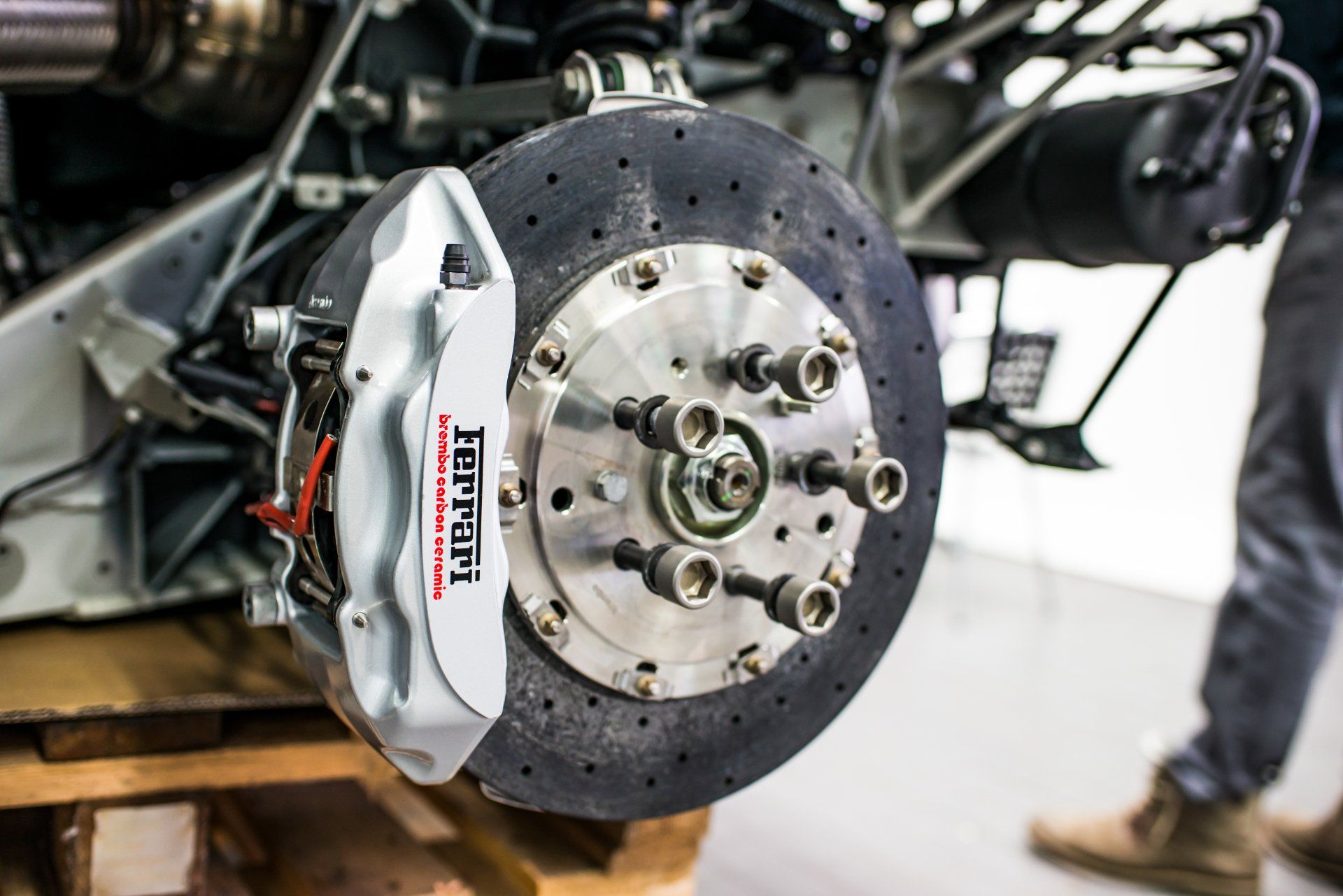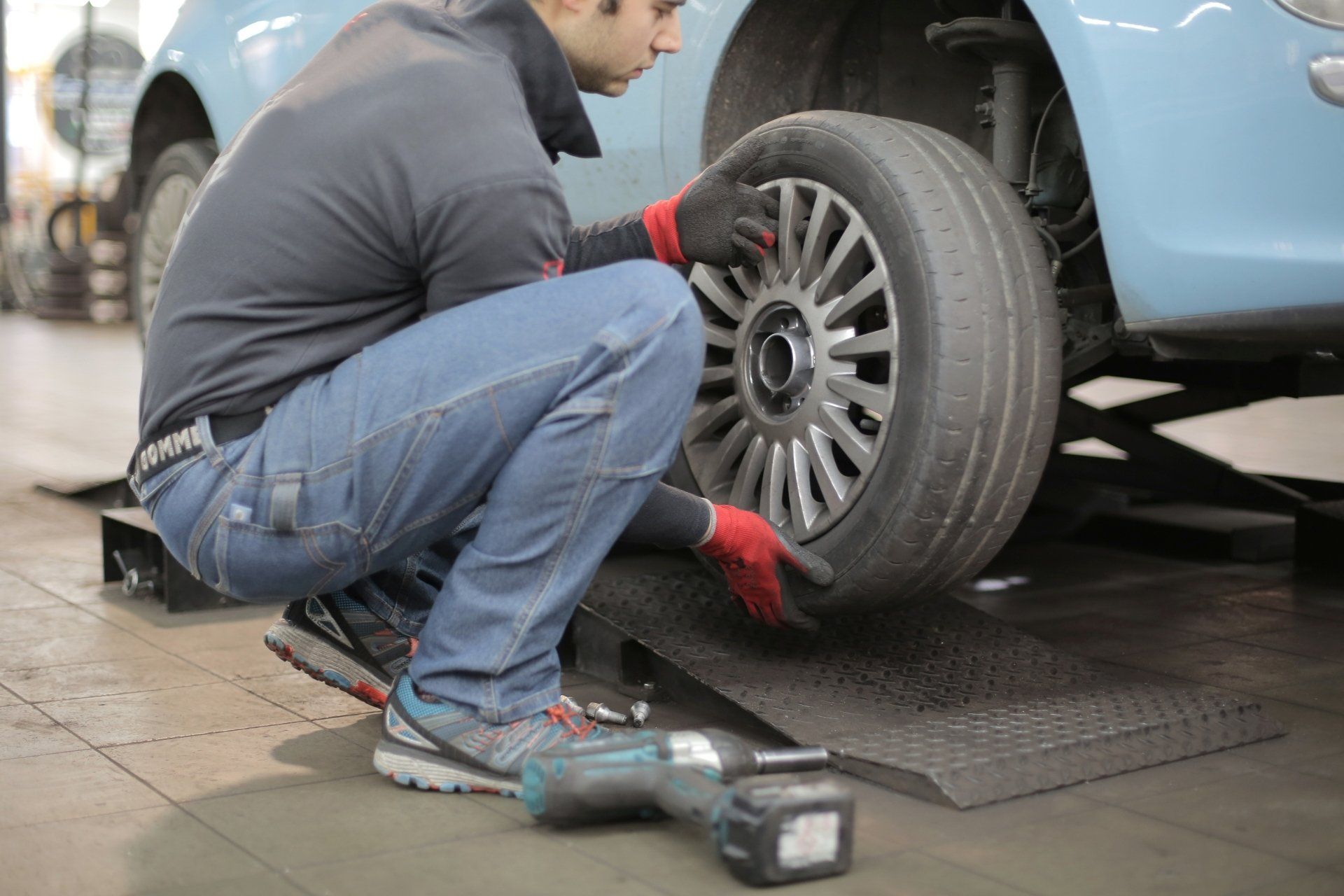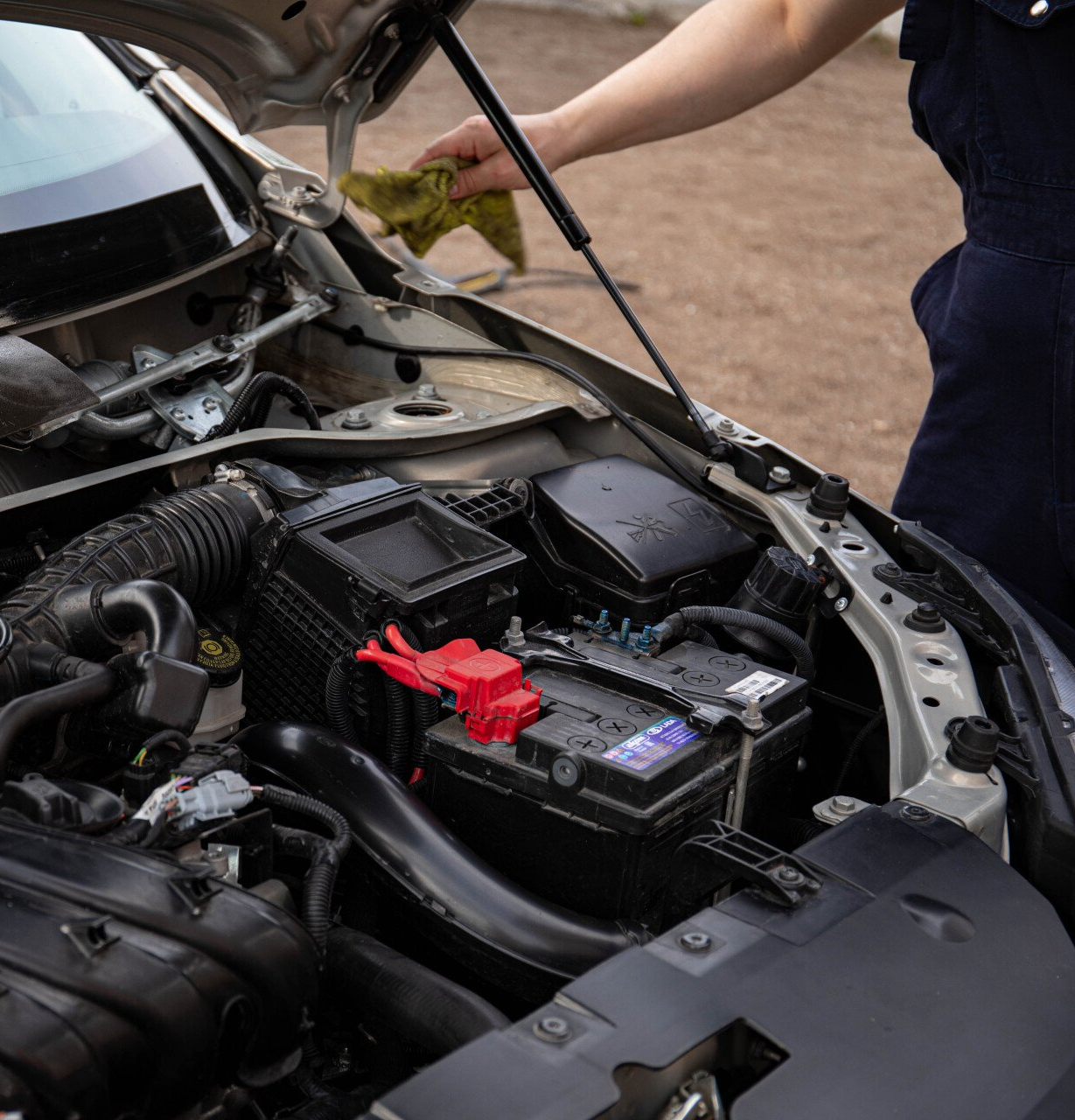Why Is It Important Not To Ignore Strange Noises Coming From Your vehicle?
What Is The Noise In My Vehicle?
When we encounter a strange noise in our vehicle, our immediate concern is typically centered around the mechanical well-being of the vehicle itself. However, it's important to recognize that these noises can sometimes extend beyond mere inconveniences, potentially leading to external problems that catch the attention of law enforcement officers. In this blog, we will explore various scenarios where a strange noise can inadvertently lead to a traffic stop, shedding light on the underlying factors and their potential impact.
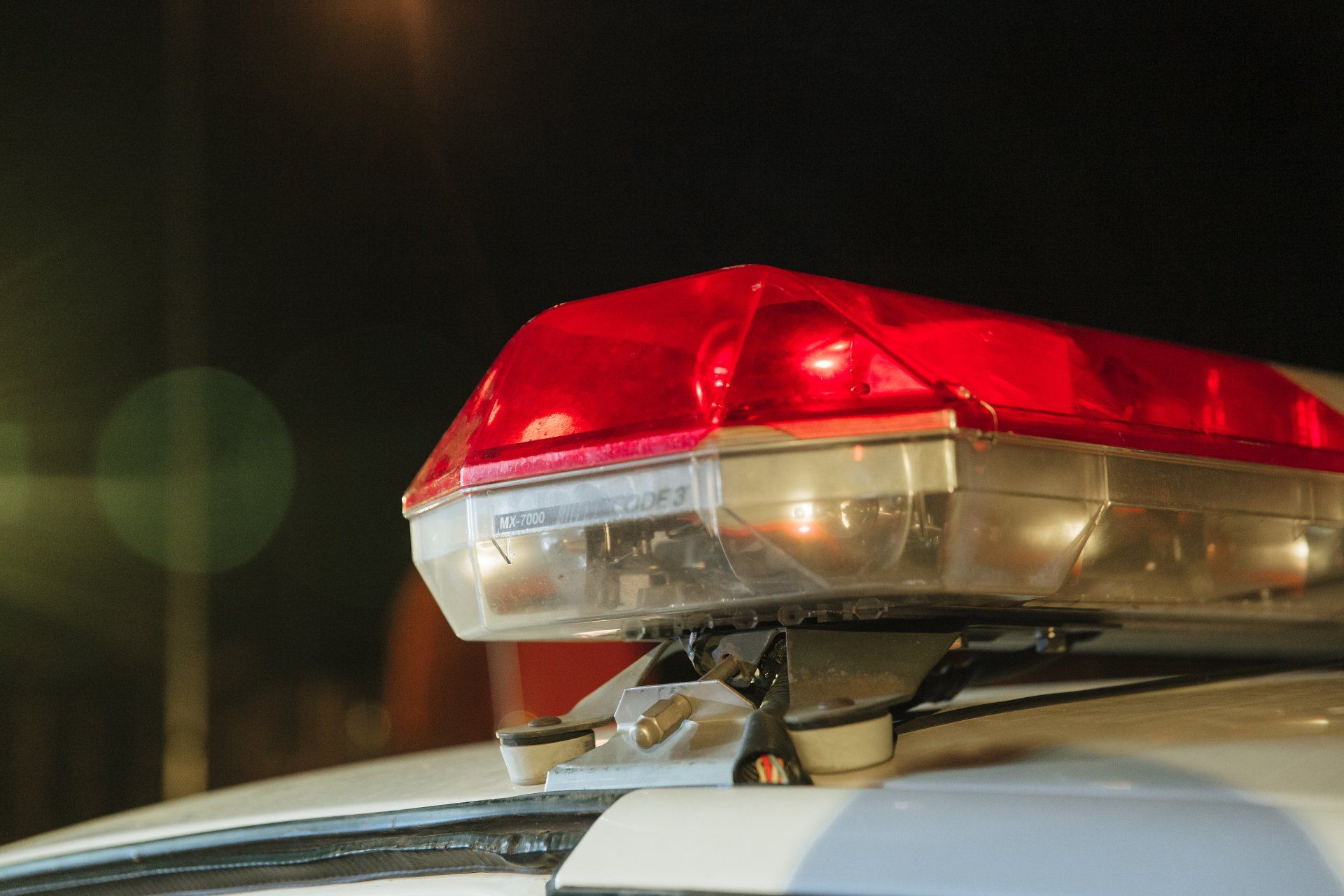
It's important to understand that not all noises can dramatically effect the vehicle's performance, however, being mindful when determining what's wrong could mean the difference between a long-term and short-term vehicle.
List of Services
-
Identifying The NoiseItem Link List Item 1
General location of where strange sounds are comming from.
-
Paying AttentionItem Link List Item 3
Sometimes mainting the small stuff can prevent much larger issues from arising.
-
FAQ With Potential SolutionsItem Link List Item 4
Gerneral questions with Check Engine lights.
Identifying The Noise:
- Park in a Quiet Area: Find a quiet and safe location to park your car, away from traffic or other loud noises. This will make it easier to hear and focus on the specific sound.
- Perform a Preliminary Inspection: Before starting the engine, visually inspect your vehicle's exterior and interior. Look for any loose parts, hanging components, or signs of damage that could be causing the noise.
- Start the Engine and Listen: With the engine running, pay close attention to the noise. Is it more noticeable when the engine is cold or hot? Does it change in intensity or frequency as you rev the engine? Try to determine if the noise is coming from the engine compartment, under the vehicle, or from within the cabin.
- Open the Hood: If the noise appears to be coming from the engine compartment, carefully open the hood while the engine is running. Be cautious of moving parts and hot surfaces. Listen for any distinct sounds and try to identify their location within the engine bay.
- Check Underneath the Vehicle: If the noise seems to originate from underneath the car, you can lie down on the ground (if safe) and inspect the various contents. Look for any loose or damaged parts, such as exhaust pipes, heat shields, or suspension components.
Paying Attention:
Paying attention to strange noises coming from your car is not just a matter of convenience or comfort; it is a fundamental aspect of responsible vehicle ownership. Your car communicates with you through various sounds, and by actively listening and being attentive, you can detect early warning signs of potential issues. Ignoring these noises can have serious consequences, leading to more extensive damage, expensive repairs, and even compromising your safety on the road. By cultivating the habit of paying attention to your car's sounds, you take a proactive stance in maintaining its health and longevity, ensuring a smooth and reliable driving experience. So, remember to tune in, be present, and listen to what your car is telling you—it can save you from future headaches and keep your vehicle in optimal condition.
FAQ With Potential Solutions:
- What should I do if I hear a strange noise from my car?
As soon as you notice a strange noise, it is recommended to take immediate action. Safely pull over to the side of the road and turn off the engine. Assess the situation, listen carefully to the noise, and consider consulting a professional mechanic for a proper diagnosis and repair.
- Are all car noises a cause for concern?
Not all car noises indicate a major problem, but it's crucial not to dismiss any unusual sounds. While some noises may be harmless, others can indicate underlying issues that require attention. It is best to be on the side of caution and have a qualified mechanic inspect your vehicle to determine the cause of the noise.
- How can I differentiate between normal and abnormal car noises?
Familiarize yourself with the typical sounds your car makes during normal operation. Regularly listen to your vehicle's sounds under normal conditions to establish a baseline. Any noise that deviates significantly from these normal sounds should be considered abnormal and investigated further.
- Should I continue driving if I hear a strange noise?
It is generally advisable to avoid driving your vehicle if you hear a strange noise, especially if it is accompanied by warning lights, loss of power, or significant changes in performance. Continuing to drive in such circumstances may exacerbate the problem and potentially cause further damage. It is better to have the issue diagnosed and repaired before resuming driving.
- Can I diagnose the problem myself based on the noise?
While it may be challenging to pinpoint the exact problem solely based on the noise, active listening can provide valuable information. Take note of the characteristics of the noise, such as its type, frequency, and location. However, it is recommended to consult a professional mechanic who has the expertise and diagnostic tools to accurately identify and address the underlying issue.
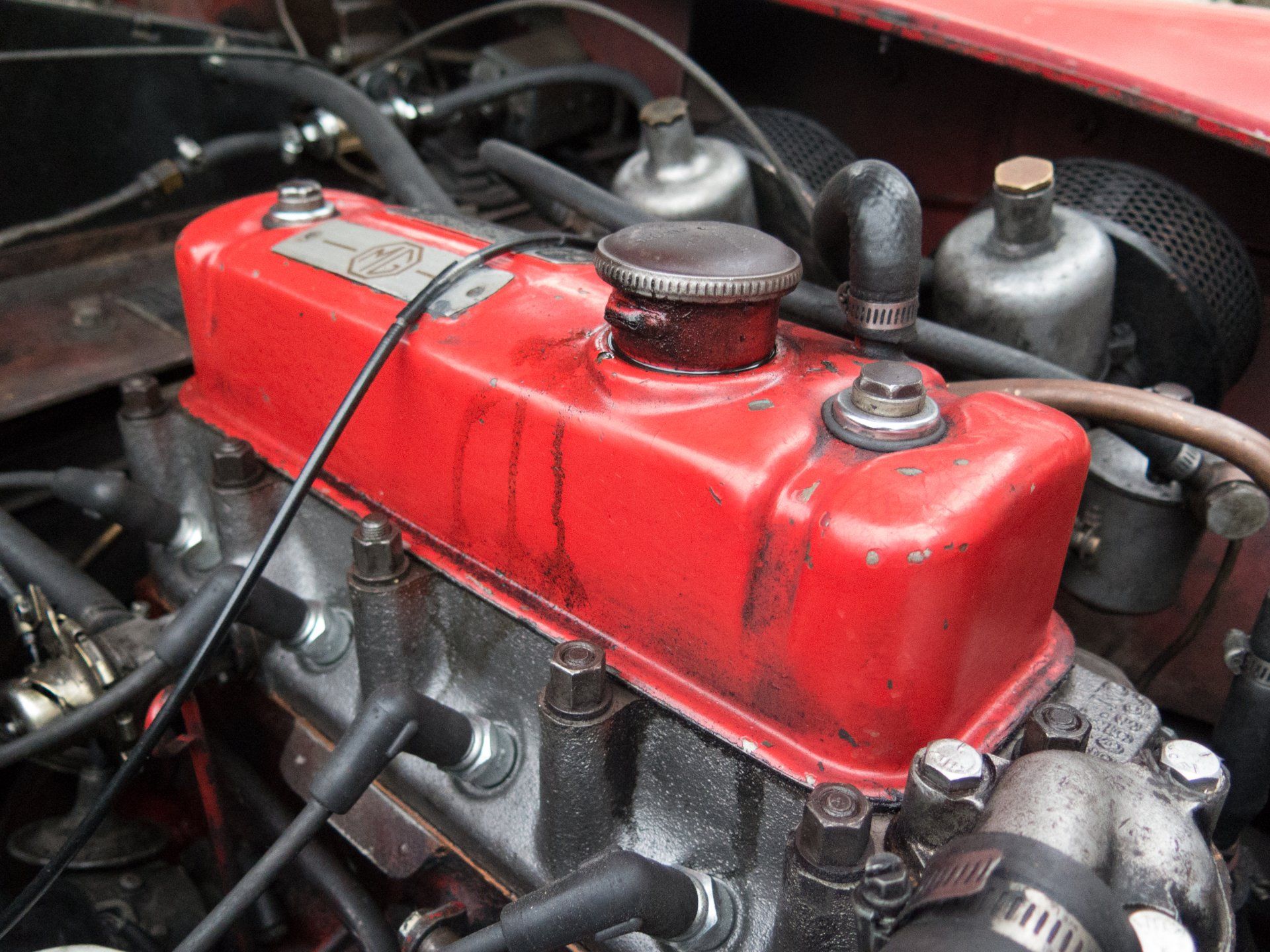
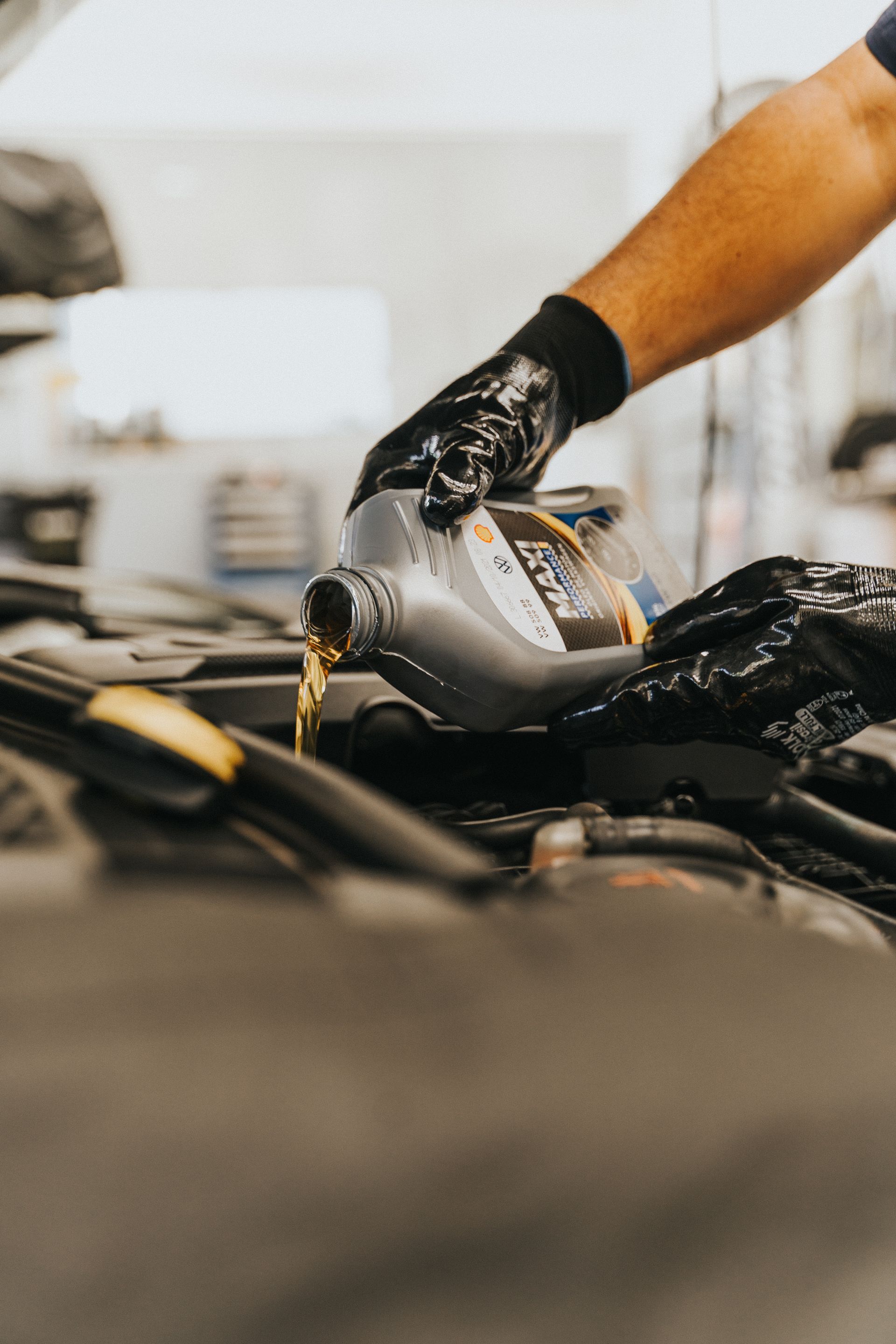
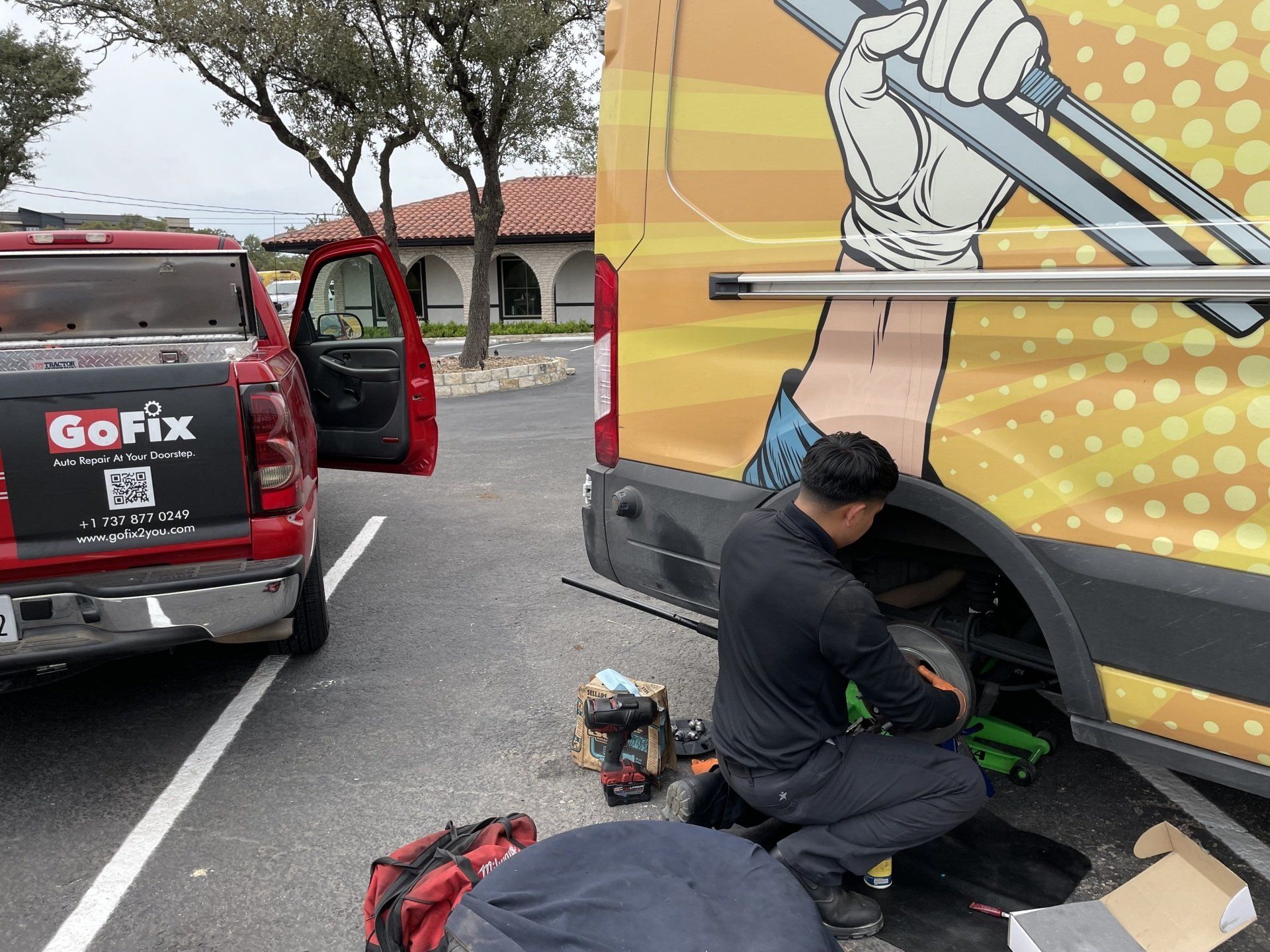
Contact Us
Phone: (866) GOFIX2U
Email: support@gofix2you.com
Helpful Links
All Rights Reserved | By KSZEN



